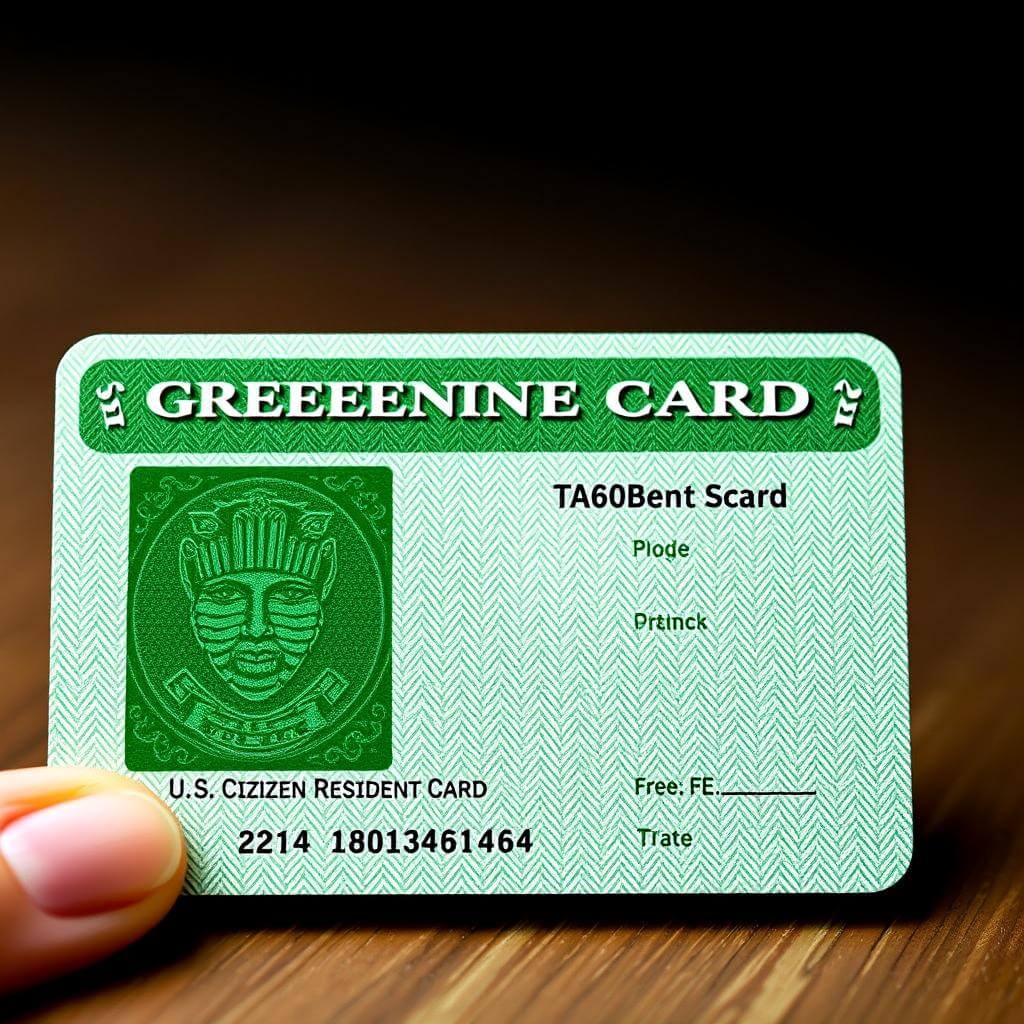
Holding a U.S. green card grants an individual the right to reside and work in the United States and initiates the path toward naturalization as a U.S. citizen. It confers the status of permanent residency, with many, but not all, of the privileges of citizenship. Annually, over a million green cards are distributed by the U.S. government. Data from 2019 suggests there were approximately 13.9 million individuals in the U.S. with lawful permanent resident status, out of which 9.1 million were eligible for citizenship. Typically, permanent residency is awarded in three main categories: individuals renewing their green card, family members of U.S. citizens or permanent residents, and employment-based visa holders. This comprehensive overview delves into the advantages of obtaining a green card while also highlighting important considerations. Moreover, the process underscores the importance of understanding both the opportunities and responsibilities that come with being a lawful permanent resident.
Why Obtain a Green Card?
Securing a green card offers numerous benefits, chiefly the opportunity for the holder to live and work indefinitely within the United States. Following a specific period, it also opens the pathway for green card holders to apply for U.S. citizenship. This status not only facilitates access to a broad spectrum of employment opportunities but also serves as a stepping stone towards achieving the full rights and benefits of a U.S. citizen, enhancing the individual's long-term residency and career prospects in the country.
Advantages of Holding a U.S. Green Card
Holding a U.S. Green Card opens up a plethora of opportunities and provides significant stability for non-citizens in the United States. Here are the notable benefits:
1) Pathway to U.S. Citizenship: Being a Green Card holder allows you to apply for U.S. citizenship after living in the U.S. for three years if married to a U.S. citizen, or five years otherwise. Those who obtain a Green Card through marriage may initially receive conditional permanent residency.
2) Protection from Deportation: As a permanent resident, your status in the U.S. is secure, immune to most changes in immigration laws. While a Green Card can be revoked for certain violations like committing serious crimes or immigration fraud, it offers a stable status unlike temporary visas.
3) Retention of Original Citizenship: You can hold a Green Card without renouncing your original nationality, enjoying the benefits of dual residency.
4) Legal Protections: Permanent residents are protected under U.S. law, enjoying many of the legal rights and protections that U.S. citizens do, including in the legal system and law enforcement interactions.
5) Family Sponsorship Privileges: You can sponsor eligible family members for their own Green Cards, facilitating family reunification.
6) Renewability: Your Green Card can be renewed every 10 years, maintaining your status without the need to reapply from scratch.
7) Ease of Travel: Travel in and out of the U.S. is considerably easier with a Green Card, allowing for fewer restrictions and the ability to return to the U.S. without stringent re-entry requirements.
8) Freedom of Movement: Live, work, and travel anywhere within the United States without state restrictions or the need for additional permissions.
9) Eligibility for Federal Benefits: Access to federal benefits, including social security, educational assistance, and potentially, government-sponsored financial aid for education, along with in-state tuition advantages at colleges and universities.
10) Expanded Employment Opportunities: Green Card holders have access to a broader range of employment opportunities, including jobs requiring security clearances and positions within the government.
11) Political Engagement: While you cannot vote, you can participate in the political process through financial contributions and volunteering, engaging with the political landscape of your community and the nation.
Moreover, obtaining a Green Card is a milestone that significantly enhances one's sense of belonging and stability in the U.S., laying the groundwork for a future in the country with fewer restrictions and more opportunities for growth and participation in American society.
Obligations Associated with Holding a U.S. Green Card
As a legal permanent resident of the United States, being a Green Card holder comes with specific duties that mirror the commitment to uphold the values and laws of the country.
1) Tax Compliance: Similar to U.S. citizens, Green Card holders are required to file federal income tax returns with the Internal Revenue Service (IRS) and report their income to both federal and state tax authorities, adhering to the tax laws and regulations.
2) Law Abidance: It is imperative for Green Card holders to comply with all United States federal, state, and local laws, demonstrating respect for the legal framework of their residence.
3) Selective Service Registration: Male Green Card holders who are between the ages of 18 and 25 are mandated to register with the Selective Service System. It's important to note that while the U.S. has not enacted a draft since 1973, this registration is still a legal requirement.
4) Green Card Possession: The law requires Green Card holders to carry their valid Green Card at all times. Failure to do so can result in legal penalties, including a possibility of up to 30 days in jail for non-compliance.
5) Upholding Governmental Structure: Just like U.S. citizens, Green Card holders are prohibited from participating in any activities that aim to unlawfully alter the government's structure or function.
Adding to these responsibilities, Green Card holders should also update the U.S. Citizenship and Immigration Services (USCIS) regarding any change of address within 10 days of moving. This ensures that all communication from the USCIS reaches them without delay. Furthermore, maintaining the Green Card’s validity is crucial, requiring renewal every 10 years to avoid jeopardizing one’s permanent resident status. These obligations underscore the importance of a Green Card holder's role in contributing positively to the fabric of American society while enjoying the benefits that come with permanent residency.
Additional Insights for Green Card Holders
While holding a U.S. Green Card allows individuals to live and work permanently in the United States and avails them of many benefits akin to those of U.S. citizens, there are distinct differences between being a permanent resident and a citizen. Notably, permanent residents encounter certain limitations:
1) Voting Rights: Green card holders are not eligible to vote in federal, state, or local elections.
2) Family Sponsorship Priority: When sponsoring family members for green cards, permanent residents do not receive the same level of priority as U.S. citizens.
3) Non-Transferability of Green Cards: Green cards cannot be transferred to others and do not automatically apply to children born abroad.
4) Ineligibility for Political Office: Permanent residents are barred from running for elected political positions.
5) U.S. Passport Issuance: A U.S. passport is not available to green card holders, limiting their travel documents to those issued by their country of citizenship.
6) Expatriation and Exit Taxes: Permanent residents who decide to leave the U.S. after living in the country for 8 years or more may be subject to expatriation and exit taxes, similar to U.S. citizens renouncing their citizenship.
7) Deportation Protections: While permanent residents are safeguarded against deportation due to changes in U.S. immigration laws, full protection from deportation is not absolute and can be jeopardized by certain actions.
8) Renewal Requirements: Green cards require renewal every 10 years to maintain valid permanent resident status.
It's important for green card holders to be aware of these limitations and responsibilities to navigate their status effectively and to understand the distinctions between permanent residency and citizenship.

